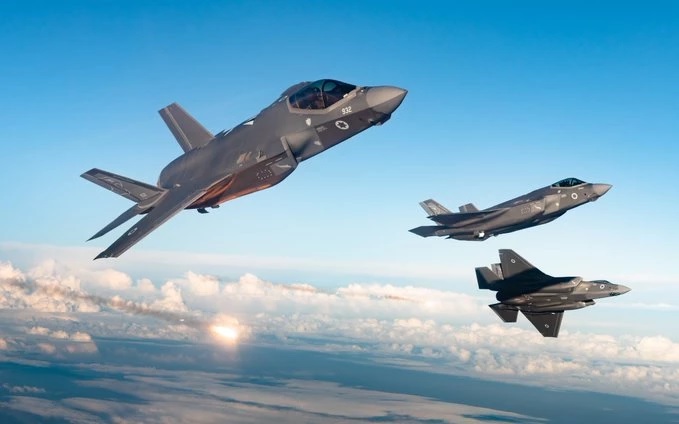IAEA Passes Historic Resolution Against Iran—Here’s How Tehran Responded
As Israel, the U.S., and Iran brace for a potential military clash, the International Atomic Energy Agency issues its most forceful condemnation of Iran’s nuclear activity in over two decades, reviving the threat of global sanctions.

With the Middle East on edge and reports of an imminent Israeli strike on Iranian nuclear sites swirling overnight, the International Atomic Energy Agency (IAEA) Board of Governors passed a dramatic and historic resolution against Iran’s nuclear program its first such move in over 20 years.
The resolution, passed Thursday by a vote of 19 in favor, 3 against, and 11 abstentions, officially declares that Iran is failing to meet its nuclear commitments, specifically in relation to uranium enrichment and the concealment of undeclared sites. According to the IAEA, Iran has withheld critical information since 2019 regarding suspicious nuclear materials and past weapons-related research.
Snapback Sanctions Back on the Table
The decision paves the way for the reimplementation of “snapback” sanctions a mechanism that would automatically reinstate global restrictions on Iran, bypassing the need for new Security Council approval. This is the outcome Tehran fears most, and sources close to Iran’s leadership say preparations are already underway to retaliate.
In response, Iran announced it will establish a new uranium enrichment facility at a secure location and warned that “additional steps” will be announced soon. The IAEA also revealed in a separate report that Iran has been illegally holding confidential agency documents and continues to develop nuclear capabilities beyond its declared civilian scope raising fresh concerns about the military dimensions of its program.
Signs of Escalation: Israel and U.S. on Alert
The resolution came amid intensifying regional tension. Reports from international outlets and regional sources suggested that Israel has finalized operational plans for a military strike on Iranian soil, possibly independent of U.S. support.
Overnight, unusual American intelligence activity was reported, with U.S. bombers reportedly stationed closer to Iran, and Iranian air defense systems placed on high alert. Multiple sources also reported that Israel completed final strike preparations, prompting fears that conflict could erupt within days.
As tensions mount, the U.S. has begun evacuating non-essential personnel from bases in Bahrain, Kuwait, and Iraq. The State Department also issued guidance to U.S. personnel in Israel, restricting movement to major urban centers such as Jerusalem, Tel Aviv, and Be’er Sheva, reminiscent of past alerts issued ahead of Iranian attacks.
Iran Threatens U.S. Bases, Signals “Nuclear Retaliation”
In Tehran, reactions were defiant. Iran’s defense minister warned that any military confrontation would result in direct attacks on U.S. bases in the region. A statement from the Iranian Foreign Ministry claimed that if Israel attacks, Iran’s nuclear program will accelerate, and that "any aggression will awaken the forces committed to nuclear deterrence."
This last remark, cited in the IAEA’s internal briefings, is seen by Israeli analysts as a veiled threat to move toward nuclear weaponization, a red line both Washington and Jerusalem have vowed not to tolerate.
Backchannel Talks Falter
Meanwhile, diplomatic efforts appear to be stalling. Talks mediated by Oman are reportedly facing collapse. While Iranian officials accused mediators of acting in bad faith, sources in Muscat claimed a U.S.-Iran meeting is still scheduled for Sunday. However, American officials signaled last night that the meeting may be scrapped, citing a deadlock.
A Tipping Point?
Analysts in Israel say two main military scenarios are currently under review: one in which Israel launches a solo strike backed by passive U.S. support, and another involving a joint Israeli-American air operation, with mutual coordination in both offensive and defensive phases.
Either scenario, say defense experts, would ignite a major regional escalation. Iran’s threats to strike U.S. forces, combined with its nuclear brinkmanship, are raising fears that the region may be approaching a dangerous turning point.
With Israel reportedly ready to act, and Iran threatening devastating retaliation, the coming days may prove decisive for the region and for global nuclear diplomacy.